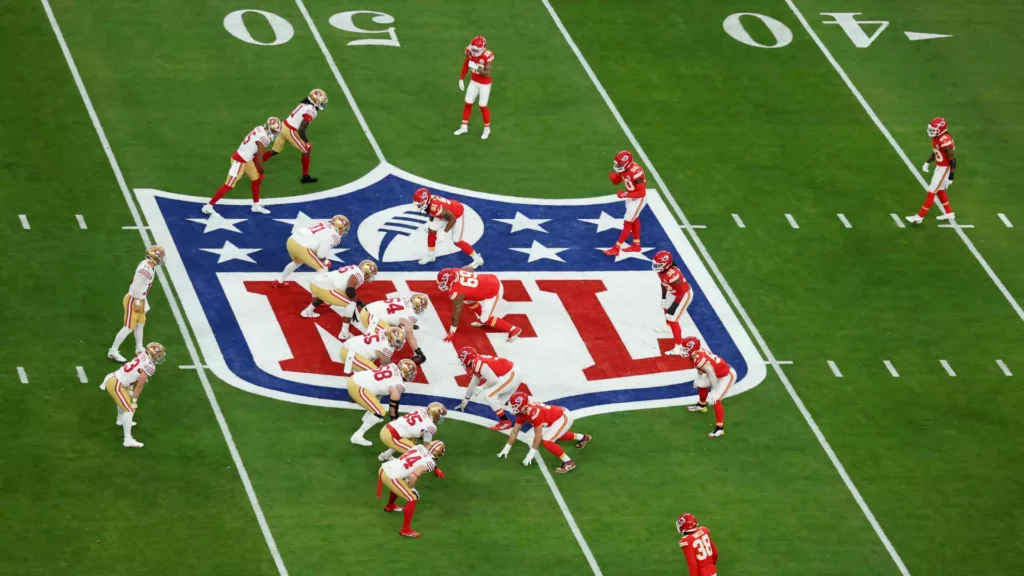![]()
The media landscape has been undergoing significant transformations in recent years, with shifts in consumer behavior, technological advancements, and industry disruptions. Last year, media giants faced challenges during the Upfronts meeting week due to a Hollywood strike and cost-cutting measures that affected their content offerings. This year, while the strike had ended and stars returned to the limelight, the industry continued to rely heavily on sports content over scripted shows. The aftermath of last year’s disruptions meant that some companies had a limited number of series and movies to showcase during their presentations, further compounded by ongoing cost-cutting efforts by major players such as Disney and Warner Bros. Discovery.
Live sports emerged as the cornerstone of the Upfront meetings, drawing in large audiences and attracting significant advertising dollars. According to Tom Rogers, Oorbit Gaming and Entertainment executive chairman and former NBC Cable president, companies witnessed increased earnings during the strike period, leading to a cautious approach towards ramping up content expenditure. Traditional media companies faced challenges due to the decline of traditional TV viewership and rising fees for airing live sports. This shift in focus towards sports content translated into a reduction in entertainment programming as companies grappled with balancing costs and profitability.
Despite the emphasis on sports content, media companies highlighted their upcoming offerings across various platforms. Disney showcased trailers for Disney+ series like “Agatha All Along” and “Daredevil: Born Again,” while also promoting the next season of FX’s “The Bear” and the reality series “Golden Bachelorette” on ABC. Warner Bros. Discovery featured spinoff series like “House of the Dragon” and “And Just Like That,” emphasizing a strong content slate to attract viewers and advertisers. Amy Leifer, chief advertising sales officer at DIRECTV Advertising, emphasized the critical role of content in shaping the modern TV experience in the era of ad-supported streaming services.
The Upfronts also shed light on the film industry and upcoming releases, as streaming services like NBCUniversal’s Peacock reaped benefits from blockbuster films like “Oppenheimer.” Comcast’s NBCUniversal highlighted projects like the musical film “Wicked” and the renewal of Peacock original series. The summer movie box-office season faced challenges this year, with a projected decrease in revenue due to limited blockbuster releases. However, the fourth quarter is expected to see a resurgence with major titles like “Joker: Folie a Deux,” “Gladiator II,” “Moana 2,” and “Wicked” hitting theaters. The film calendar for 2025 and 2026 promises a wealth of titles from popular franchises, setting the stage for a robust lineup in the coming years.
Tech giants like Netflix and Amazon Prime Video made significant strides during the Upfronts, showcasing upcoming films, series, and sports content. Amazon, following its acquisition of MGM Studios, highlighted renewals and new seasons of original series like “Mr. and Mrs. Smith” and “The Boys.” Netflix announced sequels to fan-favorite films and a diverse slate of series to attract subscribers. The NFL continued to dominate the Upfront presentations, with tentpole sports events like the Summer Olympics and NBA drawing massive audiences and advertising investments. The significance of live sports in securing ad placements was reiterated by industry experts, underlining its value in an increasingly competitive media landscape.
Media giants navigated a shifting landscape by diversifying their content offerings and leveraging sports and entertainment to engage audiences and advertisers. With evolving consumer preferences and the rise of streaming platforms, companies focused on delivering compelling content experiences to capture market share. The Upfronts served as a platform for industry players to showcase their upcoming projects, engage with stakeholders, and make strategic partnerships. As the media industry continues to evolve, adapting to changing trends and embracing innovation will be key to sustaining growth and relevance in a dynamic market environment.

Leave a Reply